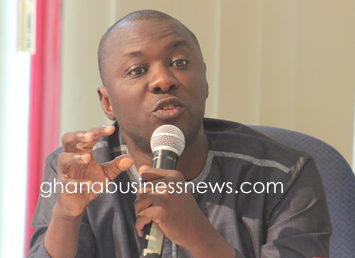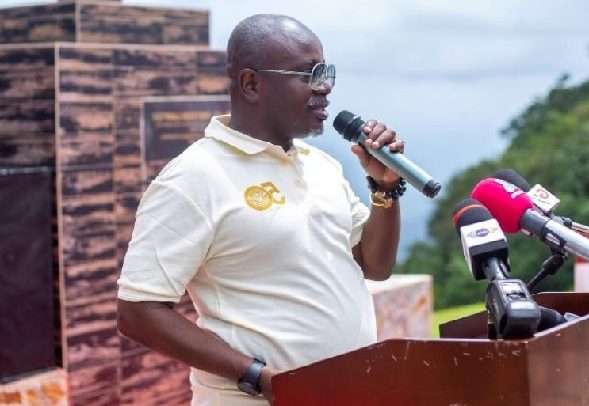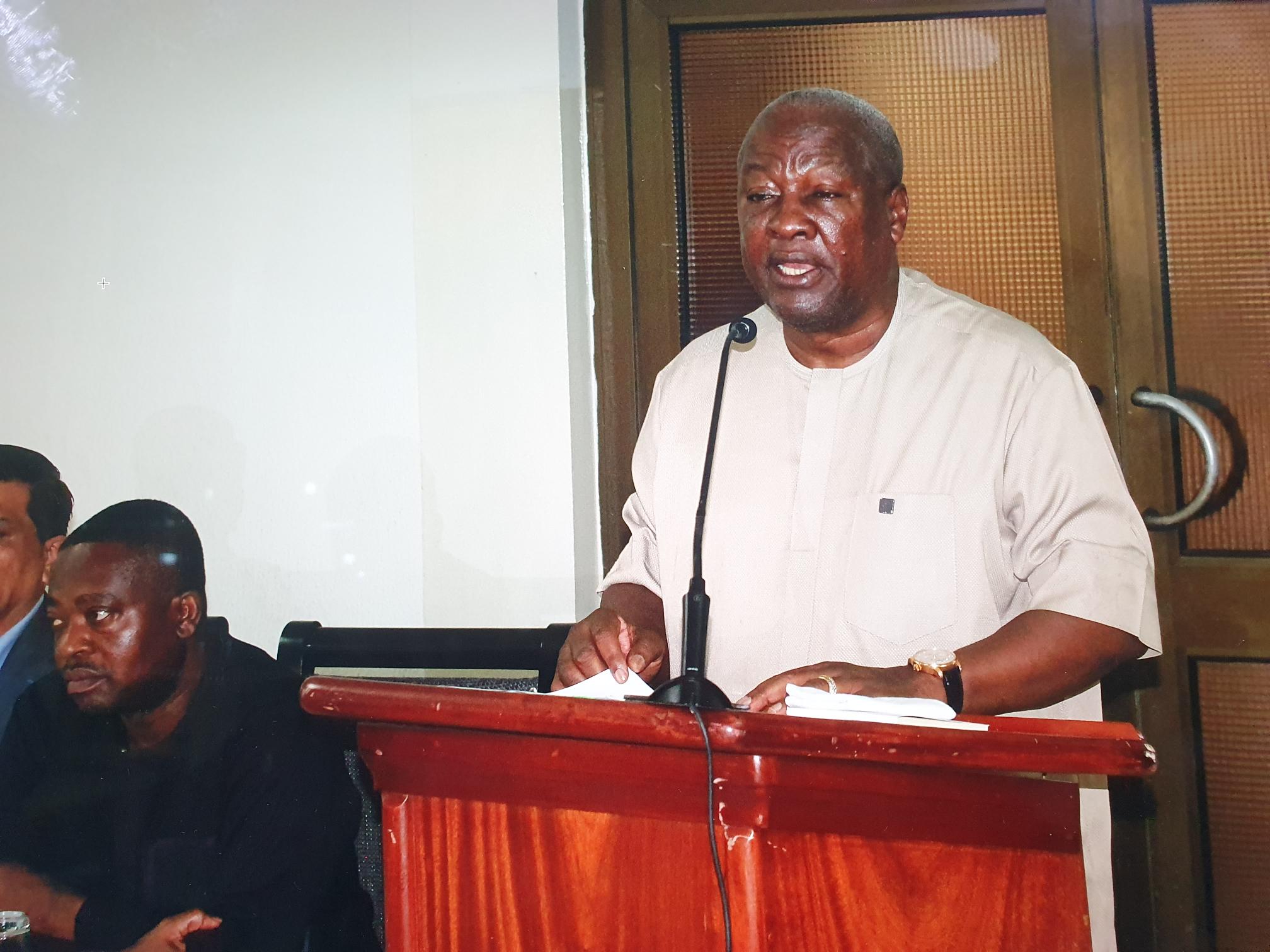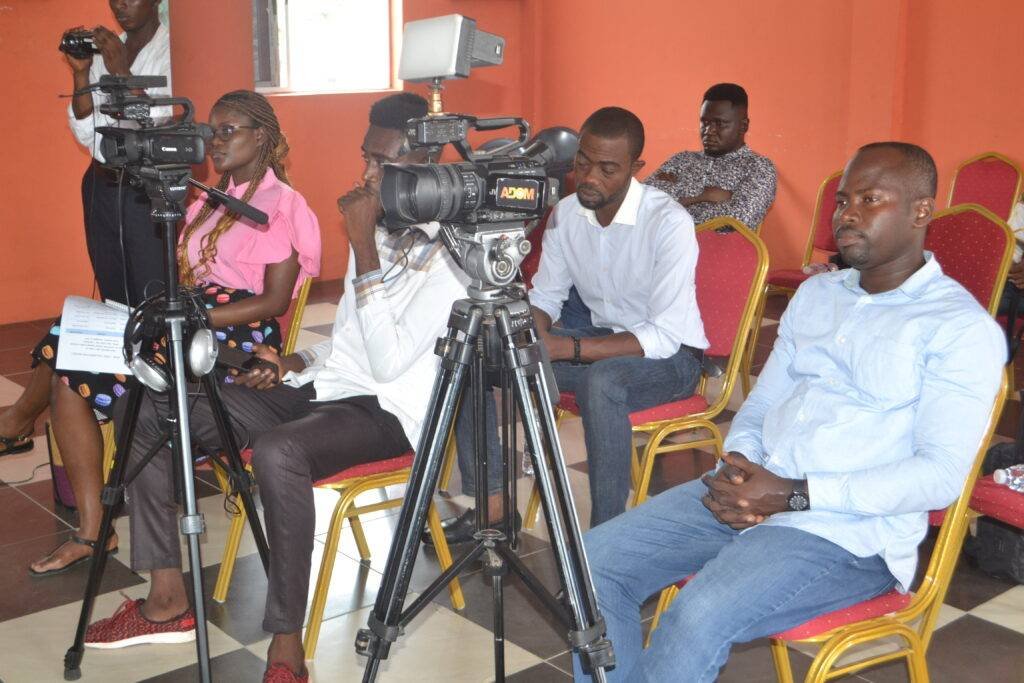
The Head of the Finance Department of the University of Cape Coast School of Business questioned the rationale behind creating room to borrow more at a time when the repayment cost is more than capital expenditure.
He explained that Ghana spends most of its internal revenue settling maturing debts, attending to increasing wage bill with the very little left for capital projects and resourcing critical sectors of the economy.
This he said has put the country in a situation where it will be borrowing at high cost because of the risk level with its collateral in the form of internal revenue.
Professor John Gatsi believed this has resulted in the slow decline of the debt cost despite a drastic reduction in inflation and improvement with GDP.
"The idea that we can continue to borrow to solve problems created by borrowing should be looked at again so that we don't get to a point where it becomes so unbearable. unlike in 2010 when the level of borrowing was somehow limited before the rebasing and that created ample space to engage in borrowing for which we all complained when we got to a certain point, the same thing is going to happen. this space that has been created is created at a time of high cost of paying for our existing borrowing. So if you are going to add more definitely the burden is so huge, the revenue does not support the burden" he hinted.
The GDP of Ghana to double in 11years
The Head of Finance detailed that revenue generation primarily is determined by growth of the economy which is witnessed by blossoming businesses and rise in entrepreneurial ventures and innovations.
This he observed wasn't the case in Ghana at the moment.
Speaking to journalists in Accra at a training workshop sponsored by the Bank of Ghana and Ecobank on the topic "The Role of Journalists in Economic Reporting" Prof John Gatsi advised the participants to be critical, objective, fair and avoid being public relations Officers(PROs) in economic reporting. He explained that informing the people on critical economic issues is required.
Addressing the issue of doubling the size of the economy, Prof Gatsi said using rule 70 as used by economic policy experts, Ghana can only double the size of the economy if the current projection of 6.3% growth rate is maintained over the next 11years. This implies better approach to agriculture, innovation and tourism as growth drivers after natural resources is needed. Sustaining such a growth rate over the period with inclusive effects must be well guided.
Prof Gatsi explained that the purpose of economic management is to improve the life of people and create opportunities for all. He said economic journalists should go beyond mere transmission of releases by authorities to also report on the human development index, gini index and misery index to bring to public discussion on matters relating to income distribution and economic policy impacts.
Government rebase economy
It is reported that Ghana’s economy has expanded by 24.6 percent for last year, according to rebasing figures by the Ghana Statistics Service (GSS).
This was after the GSS reviewed the based year from 2006 to 2013 and the way of calculating economic growth for the country.
The revision should mean that the new growth rate for 2017 stands at 8.1 percent compared to an old rate of 8.5 percent.
The economy is now worth GH?256 billion as a result of the rebasing. If this is shared among a population size of 28.96 million, then everyone could get GH?8, 863. Read Full Story




























Facebook
Twitter
Pinterest
Instagram
Google+
YouTube
LinkedIn
RSS